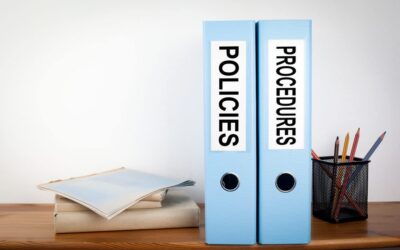Brown bag seed sales affect all levels of the plant breeding and development chain.
An illegal so called “brown bag” seed sale may not seem like a big deal. You get a deal on seed you need and can grow your crop. However, these sales have wide ranging impacts besides causing you to spend a bit more on seed.
Brown bag seed sales “cause a loss of revenue for the plant breeder and the seed company, (it) goes all the way down the chain. And it’s a lost sale for the authorized seed grower. The loss of revenue hinders the development and the distribution and production of new seed varieties, which are essential for growers to have access to. (Access is needed to) the best varieties they can buy with yield disease resistance and continuous improvement,” Jodee Karlowsky, general manager of Alliance Seed, said during the Sept. 20 episode of Seed Speaks.
There’s added costs for plant breeders and seed companies when they pursue legal action against those partaking in brown bag seed sales, she added. Plant breeders and seed companies must pay for investigations into the illegal seed sales and any further legal actions required.
“Typically, it’s up to the breeder to enforce … sending a cease-and-desist letter is usually the first step in the process. But if someone (has) multiple infringes and refuses or ignores that, then the process that you have to go through is to file a claim with the courts, and then it becomes a civil matter,” explained Anthony Parker, commissioner of the Plant Breeders’ Rights Office for Canada, during the episode.
This work takes money and time away from being able to develop new crop varieties for farmers. Brown bag seed sales also harm competition as it makes it harder for seed companies to make profits.
“You’re going to have less investment, not just in pure dollars, but by a number of companies. So, in the end, a grower is going to hurt him or herself because they’re going to have less breeding programs to choose genetics from,” said Bryan Gerard, president and co-owner of JoMar Seeds Inc., in the episode.
When your country is seen as a region that infringes on intellectual property rights by partaking in brown bag seed sales, it factors into future investment decisions, Parker added. He said some seed companies don’t want to invest in Canada because of the amount of brown bag seed sales happening in the country.
“If we don’t have plant breeding, we don’t have innovation and we lose our competitive advantage,” Karlowsky said. “Plant breeding is the only way to do that. And if you don’t invest in certified seed and buy certified seed, that won’t happen.”
Related Articles
The Impact of Buying Seed Illegally on the Canadian Seed Industry
PGDC is Working for the Farmers When it Comes to Crop Varieties





